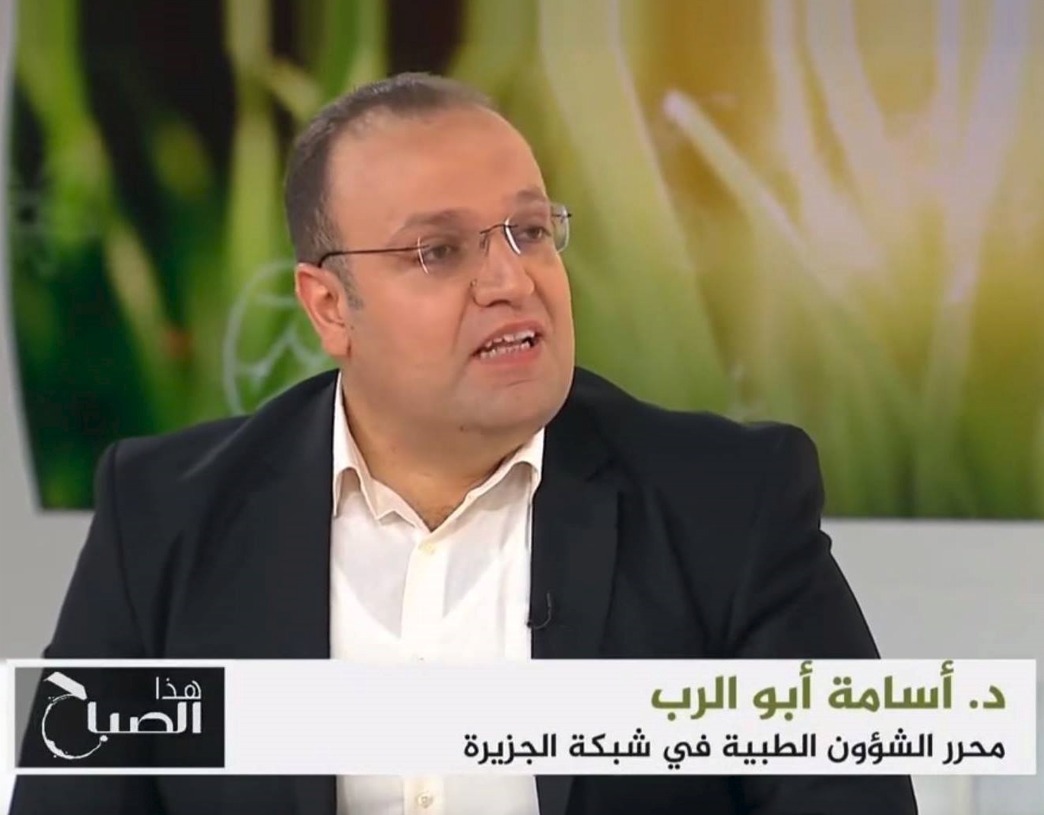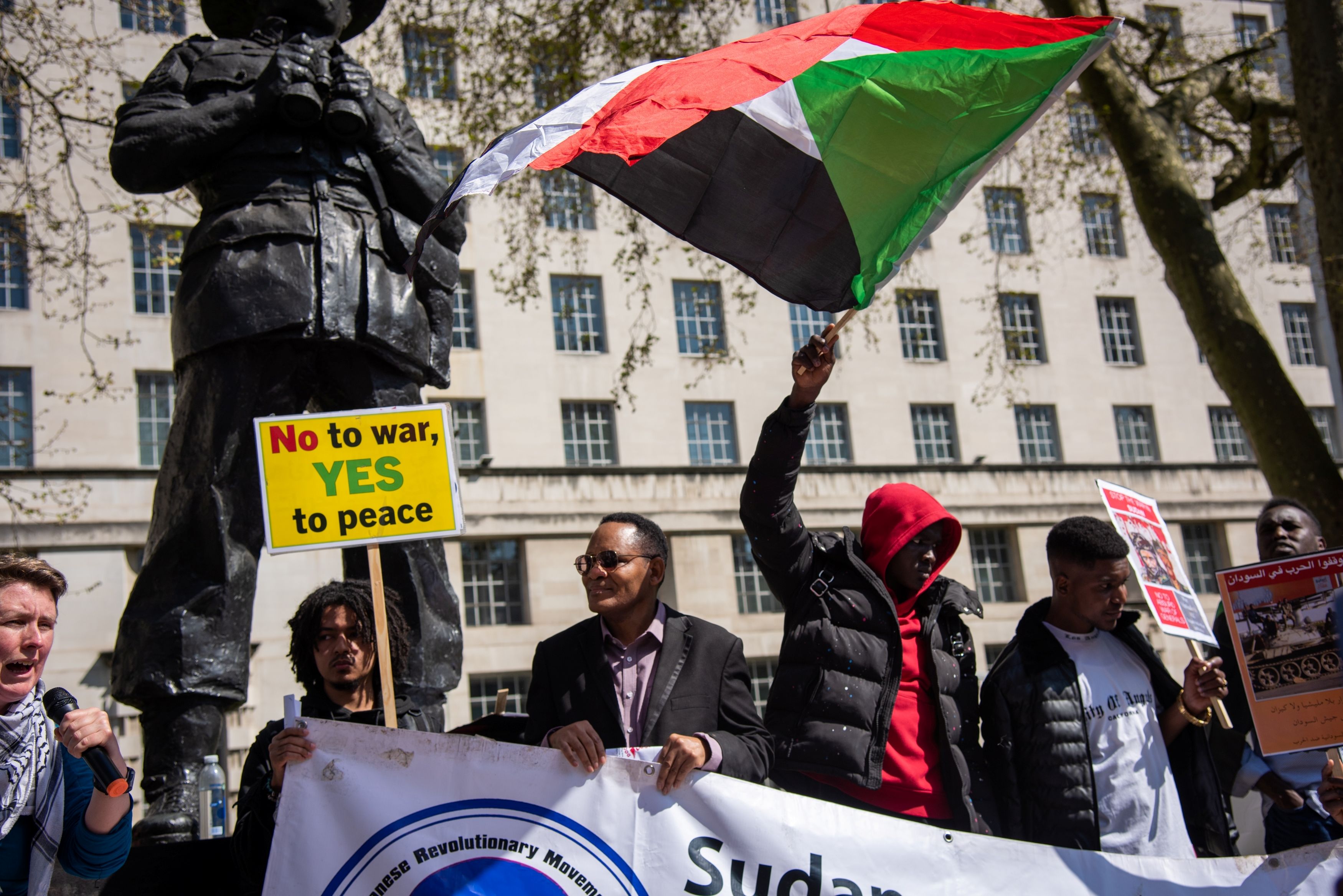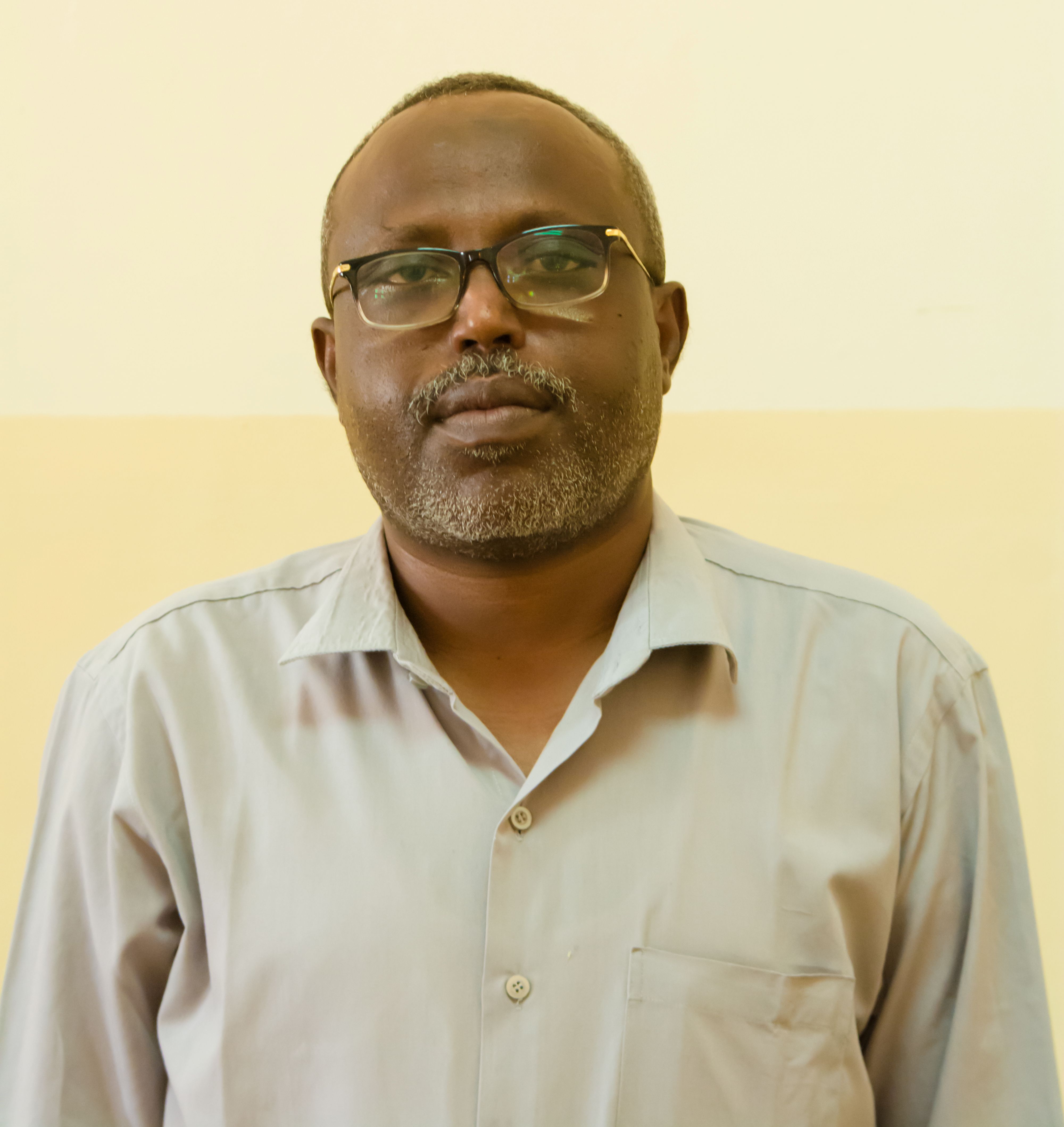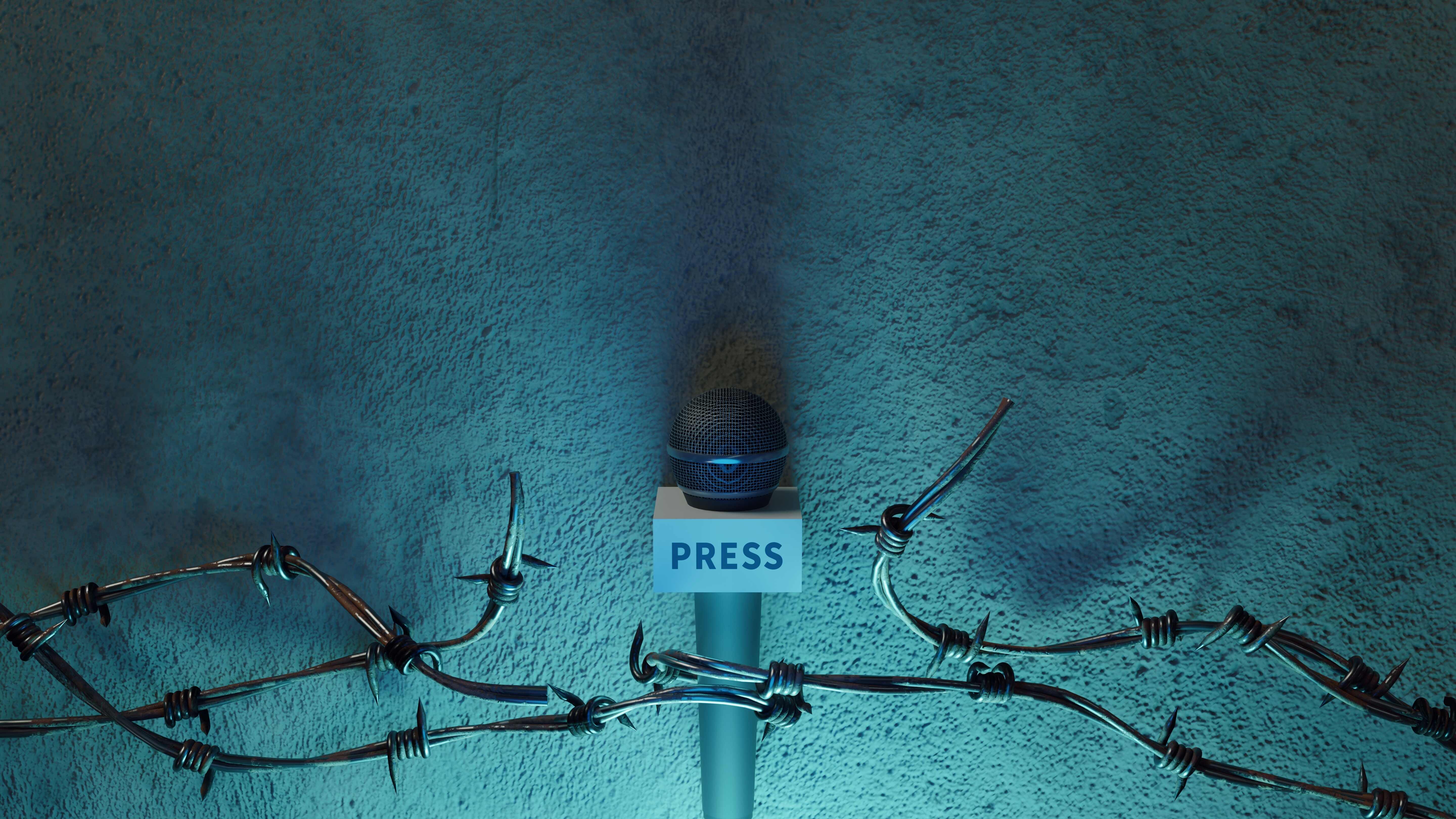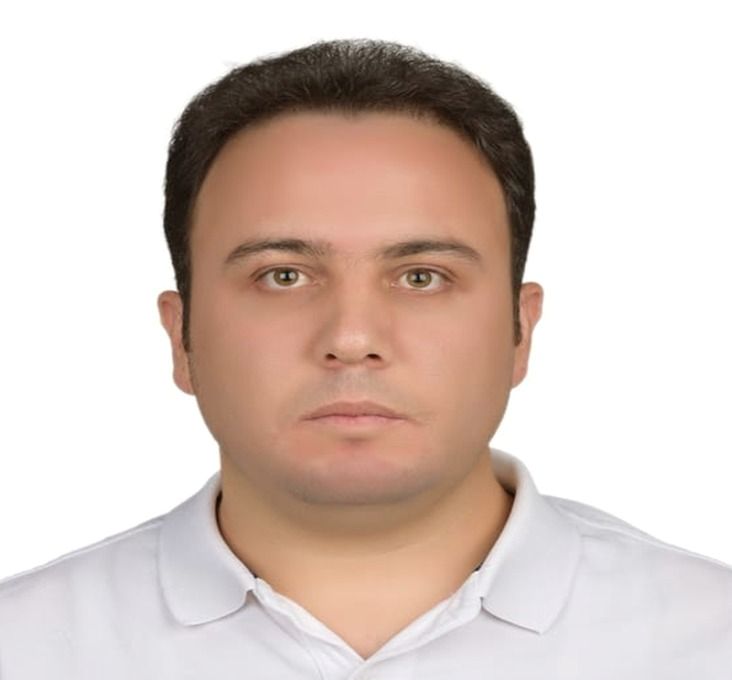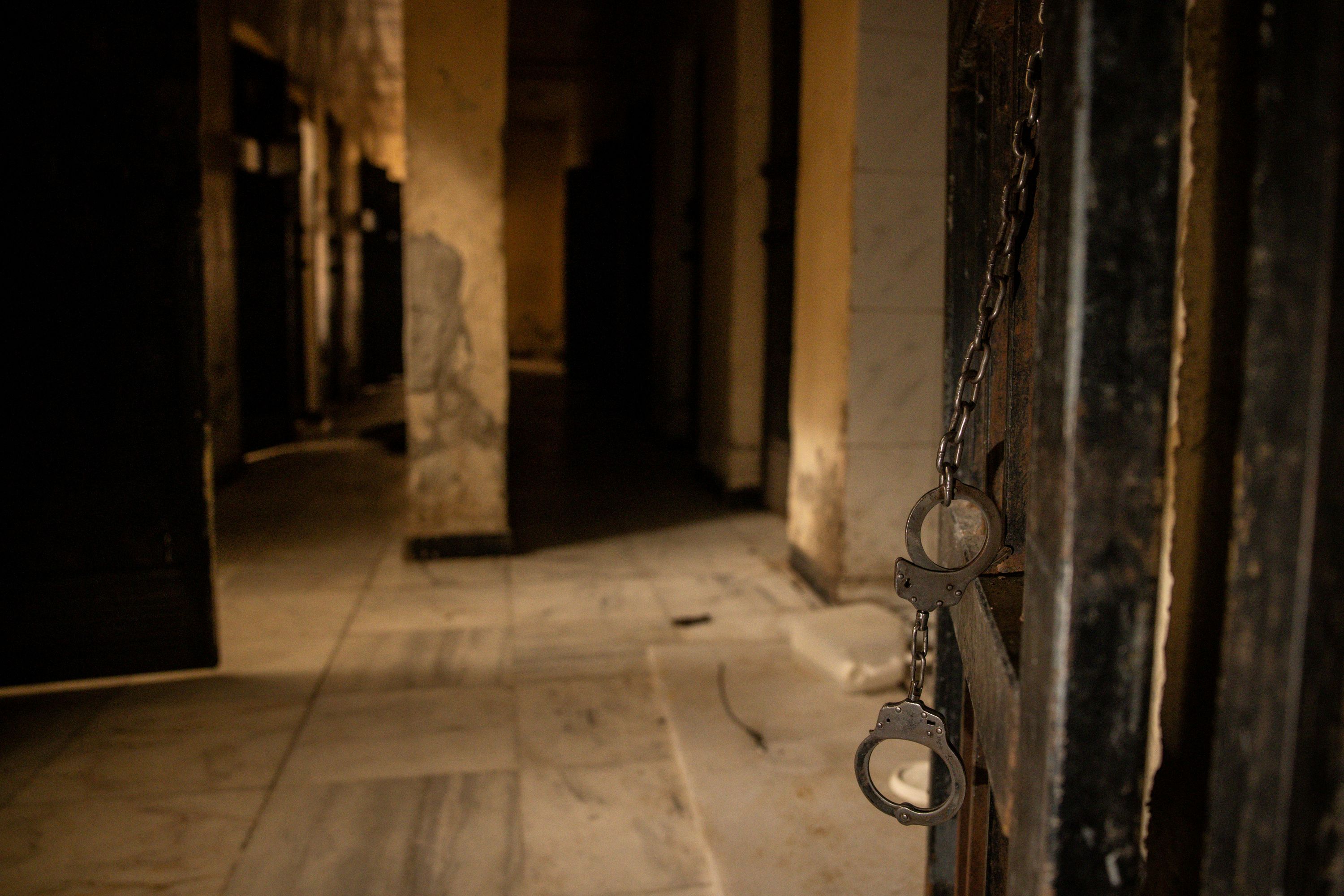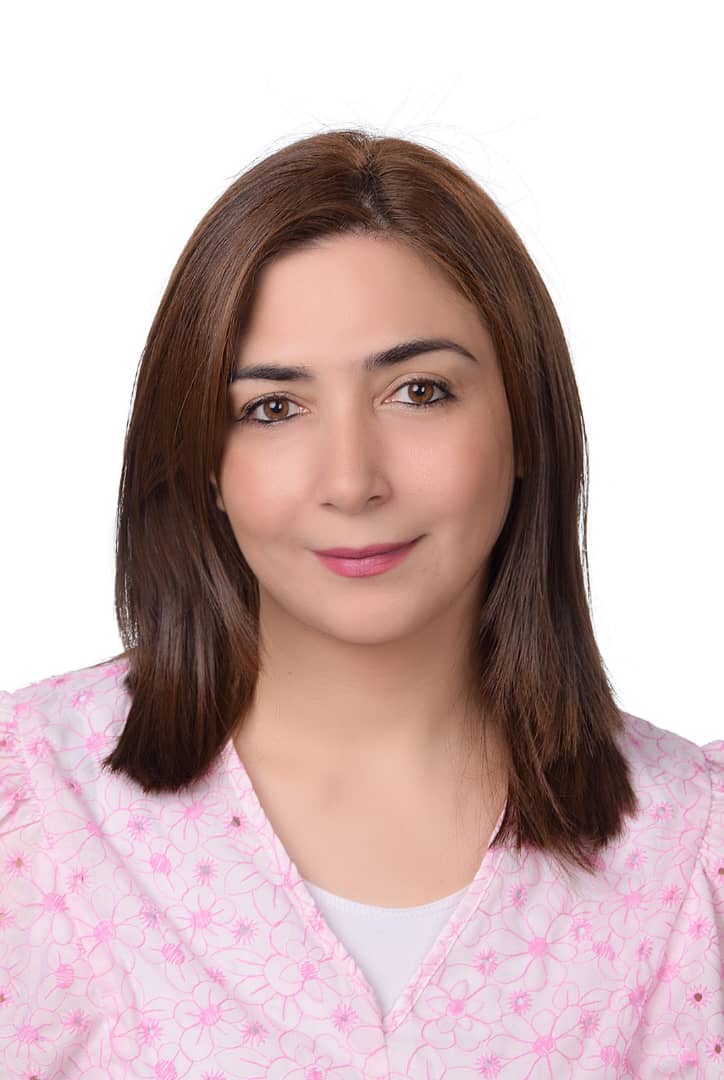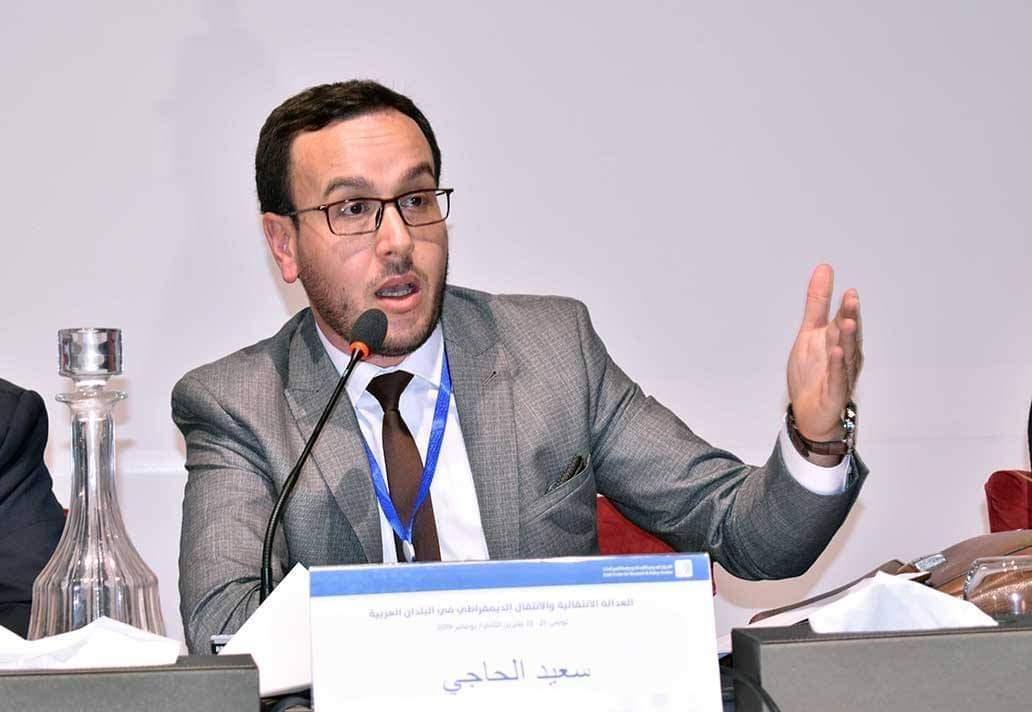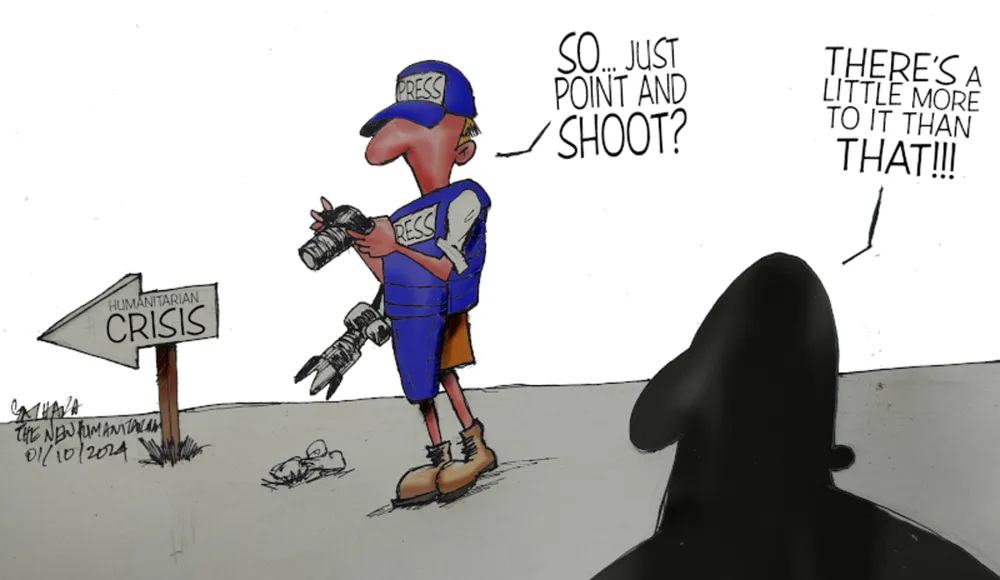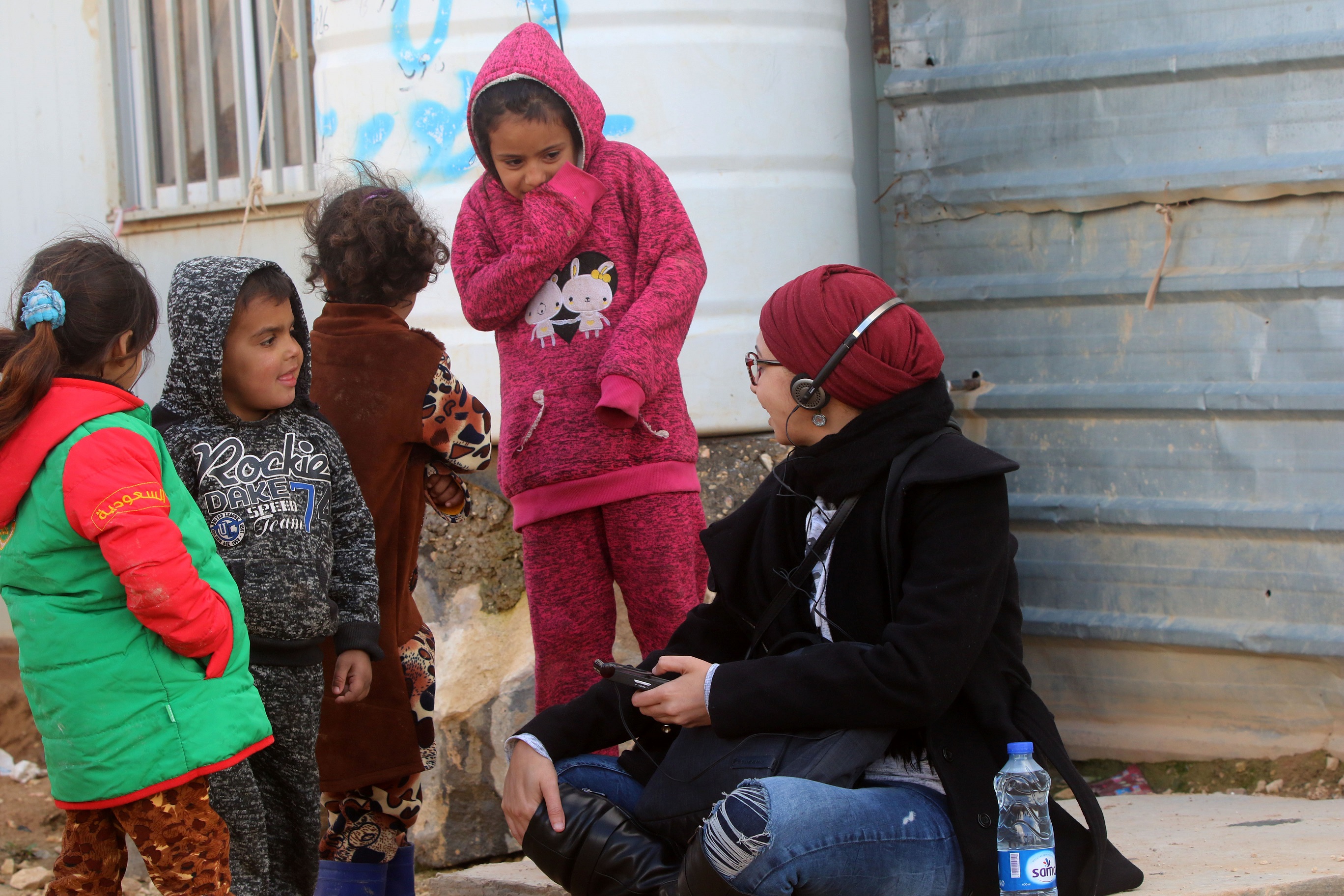Science journalism is not just about test tubes, it's about everything. And the past few years have shown that the world needs science journalists more than ever before.
Science journalism does not just cover science - it's about politics, democracy, free speech, life, health and wealth.
Science is not biased and it has become the science journalist’s job to transmit the facts to the audience in order to neutralise fear, misinformation and even racism.
The last few years have proven that the world needs facts-based science and medical journalism more than ever before and that when the science is removed, “facts” can be easily manipulated to serve political and social agendas that can compromise the audience’s understanding and even result in harm being done to their well-being and health.
COVID-19 - the ultimate weapon
The COVID-19 pandemic threw up a great opportunity for certain groups to spread misinformation and racism.
From the very start, then-US-president Donald Trump called the SARS-Cov-2 virus the "Chinese virus", which - a completely racist outlook. The name was picked up by right-wing extremists to trigger xenophobia and spread hatred against Asian people. As a result, the number of racist hate crimes committed against Asian people and people of Asian descent has multiplied in the West. In the UK, for example, anti-Asian hate crime has risen by more than 20 percent as a direct result of this sort of use of language during the pandemic.
Then conspiracy theorists added 5G technology to the mix, claiming that 5G was responsible for the coronavirus. Later, they claimed that COVID-19 vaccines contain microchips that would be implanted in the human body, with some even asserting that this plot had been organised by Bill Gates. In fact, both these myths have been roundly debunked as “total rubbish” by scientists.
Such claims not only spread misinformation but have also compromised efforts to control the pandemic, by convincing people to refuse vaccinations. Some conspiracy theorists have also claimed the virus is a hoax, and so there is nothing to fear - so no need for social distancing measures or wearing masks, which has proved a perfect recipe for a disaster.
Science journalists are the frontline soldiers fighting these claims. Here at Al Jazeera, we have published and broadcast hundreds of articles, reports and programmes debunking these claims, in order to help communities fight the pandemic. Our colleagues at other news outlets and wires services such as Reuters, Associated Press and AFP have also done a great job.
But without investing in professional, specialised science journalism, this would not have been possible.
By exploding the myths, science journalists give people a choice. We do not favour any political party or ideology
We all know the phrase “the truth will set you free”. Well, it is science journalists who are setting minds free right now, and helping people to understand how their choices can affect their own lives, those of others and the planet generally.
Climate change is another example of an issue which has become the subject of multiple conspiracy theories and fake news. Science journalists are explaining why climate change is real, and how it is due to human influence and, most importantly, how we can change it.
Science journalists are ringing the alarm bells, and they are nothing like the broadcast journalists in the film Don't Look Up who turn the fact that a comet is hurtling towards the earth into a big joke, with one asking: “Could it destroy my ex-wife’s house?”
That’s because science journalists have specialist knowledge and the ability to research and learn - as well as the contacts among the scientific community from whom they can obtain the facts, rather than the misinformation spun by amateurs and political activists everywhere.
Science journalists, therefore, have become the frontline defenders of freedom and democracy. We know that at the root of many anti-science movements is a desire to undermine and manipulate the democratic process, preying on people's fears to gain power.
By exploding these myths, we give people the choice. We do not favour any political party or ideology, and we don't allow any party to manipulate the facts and spread fear and misinformation to serve its political agenda.
Between science and traditional journalism
The most important differences between science journalism and its traditional counterpart are specialisation and depth. While a traditional journalist looks at a news item by itself, science journalists look behind it, searching for reasons and background.
During the coronavirus pandemic, for example, traditional journalism has kept us up to date about the number of cases and deaths and the measures taken by governments to fight the virus.
Science journalism, on the other hand, has presented the details: What is the coronavirus? Why is it dangerous? What do animals have to do with it? Is it a conspiracy, as some have claimed? Science journalism scrutinises the information available, distinguishes the factual from the misleading and corrects misconceptions – the idea that hot weather or smoking protects you from the coronavirus, for example.
We all know the phrase 'the truth will set you free'; well, it is science journalists who are setting minds free right now
To do so, It also has to simplify concepts for a lay audience without distorting them, which requires a solid understanding of the subject.
Science journalists are subject to the same constraints and obstacles as traditional journalists, of course.
While journalism as a whole has made significant headway in many parts of the Arab World, for example, there are still restrictions: journalists are targeted and attempts are made to sway them, media outlets can be closed down and funding is generally limited. Science journalism suffers from these restrictions too.
But science journalists also face unique challenges: Arab outlets are often uninterested in appointing science journalists or in providing budgets for their work, as they are often seen as an unnecessary luxury. This is clearly incorrect, especially given the Arab public’s great interest in recent years in non-political subjects – particularly medicine, technology and science.
Nonetheless, the future looks promising for science journalism. More and more Arab media outlets have seen the light. They are beginning to invest in specialist and professional science journalism. Long may it continue.
Osama Abu El Rub is Medical Affairs Editor at Al Jazeera.net
The views expressed in this article are the author’s own and do not necessarily reflect Al Jazeera Journalism Review’s editorial stance

